The French monarchy
Table of Contents
We have one of the most ancient monarchy in Europe and most of our kings have awed their contemporary with their talents—if not… well, a monarch can only rule as as he has the consent of his people…
The Frankish kingdoms
Clovis the Father of France (481-511)
After the "fall" of the Roman Empire, the territory of the previous Gaul was divided into a series of small independent kingdoms controlled by various Germanic tribes. Clovis was a Frankish leader who arose from within the Gallo-Roman military. He defeated Roman and Germanic rivals and united all the tribes in Gaul in 481 to create the first united Kingdom of the Franks in 496. This started the dynasty of the Merovingian ( 481–687). Clovis was also the first king to convert to Christianity, thus sealing a close alliance with the Church (see The Church in France) that continues to this day and gives the divine right to the monarch to rule the country.
Despite the outwards unity in one kingdom however, the country continued to be divided into several smaller and semi-independent kingdoms. In addition, territories were divided into smaller pieces to be inherited by each of the heirs of a king rather than only the eldest one, thus keeping the kingdom fragmented despite the continual wars of conquests between the Franks.
At the time, kings were first acclaimed by their warriors by being raised on a shield, in accordance with the ancient Germanic practice of an assembly of warriors electing their war leaders. The power of the king was also contained in their long hair. Cutting the hair of a rival severally weakened them and limited their power, thus making them ineligible to rule. All Germanic tribes practised human sacrifice, but this was forbidden by the Church and so Clovis and his descendant stopped the practice. Mostly.
Clovis and his wife Clothilde by Wikimedia Commons
Successive Frankish conquests in Gaul between 486 and 511 by Romain0 on Wikimedia Commons
Charles I Magnus (768-814)
From 687 to 751, the Mayors of the Palace came to dominate over weak and ineffective kings. This led to one of them, Pepin, taking the power from the king and getting himself elected as their successors, thus starting the Carolingian dynasty (751-840). The most notable member of this House was Charlemagne.
Charlemagne conquered a vast territory, and he got himself crowned emperor of the Franks and heir to the Roman Empire by the pope in 800. This coronation was recognised by the Byzantine emperor and gave permanent legitimacy to the Carolingian dynasty. The Kingdom of France and the Holy Roman Empire are the heir to this empire.
Through his conquests, Charlemagne submitted the Saxons living in the modern-day Germanic states and forcedly converted them to Christianity. This resulted in the forbiddance of human sacrifice and in the Saxons learning Roman magical practices. Charlemagne was also responsible for the Carolingian Renaissance, which notably created a new and more easily readable script and a better preservation of Roman manuscripts. It also decided that Latin should be pronounced as it was written rather than according to the different regional languages that had developed from it.
Charlemagne by Wikimedia Commons
Let us all take a moment to thank Charlemagne for inventing a readable script and for making people put actual space between words!
After Charlemagne's death, his heirs fought against each other for the control of the empire, and it was divided in three parts by the Treaty of Verdun in 843. West Francia formed the nucleus of what would developed into the kingdom of France, although it did not include territories such as Brittany, Lorraine, Alsace and Provence. Viking incursion along the coast and the waterways increased and weakened the country. It was a treaty with one of them that led to Normans from Scandinavia settling in the North of France in what became the Duchy of Normandy.
France in 843 by Alphathon on Wikimedia Commons
The Kingdom of France in the Middle Age
Hugues Capet (987-996)
After the death of the Carolingians dynasty, Hugues Capet, Duke of France and Count of Paris, was elected to the throne, thus started the dynasty of the Capetian direct. Our current House of Bourbon is part of his line. Hugues Capet is considered to be the first king of modern France. However, this first dynasty only had real authority over the Ile-de-France region around Paris. The rest of the country was made of semi-independent principalities ruled by powerful lords and ladies. In Brittany and Catalonia especially, the authority of the French king was barely felt. On the other end, many regions were still not yet part of the kingdom at all, such as Lorraine and Provence which were states of the Holy Roman Empire. Those lords and ladies were the one who elected the Frankish kings. However, in an attempt to ease the succession and ensure the stability of their dynasty, the kings started to crown their eldest son during their reign to make everyone accept them as their co-ruler. This established the principle of male primogeniture. Troubles with England started during this period when Guillaume the Conqueror conquered England and became its kind while still being a vassal of the French King for his Duchy in Normandy.Hughes Capet by Wikimedia Commons
The English royal family would subsequently increase the territories they held in France with the county of Anjou. The conflict culminated with Aliénor of Aquitaine divorcing the French King Louis VII in 1152 to marry the English king Henry II and thus brining the powerful Duchy of Aquitaine under his rule. By making the Duke of Brittany their vassal, the English then effectively held the entire Western part of France under their rules.
France in 1190 showing the territories belonging to the English royal family in the Western half of the country by Alphathon on Wikimedia Commons
Philippe II August (1180-1223)
Philippe August was the one who managed to stir the conflicts inside the English royal family and exploit them to regain power over the Western half of his kingdom and for the first time exert a real authority over the whole country. He beat the English decisively at the battle of Bouvines in 1214, leaving them with only the Duchy of Guyenne under their control. Philippe August was also the first king to call himself Roi de France instead of Rex Francorum. Following him, the feudal states that made up the country were progressively integrated into the kingdom and a royal administration was developed.Philippe Auguste by Wikimedia Commons
Louis IX the Saint (1226-1270)
The newt important king in our history is Saint Louis. He was very pious, and he is famous for having brought the Passion relics in France and building a magnificent building to welcome them, the Sainte Chappelle. He was also renowned for his fairness, and he revolutionised the French justice system and established the parlement as a superior justice court. The monarchy continued to increase its territories when he gained authority over Normandy and Toulouse and his successor, Philippe III, the Languedoc.
Philippe IV the Fair, the Iron King (1268-1314)
Soon afterwards came Philippe IV, a strong king and undoubtedly the greatest of the late Capetian kings. He consolidated the power of the monarch over the whole kingdom, with only Brittany, Burgundy, and some smaller estates continuing to escape the royal authority. He imposed his supremacy upon the papacy that he had moved in Avignon in France and solved an important financial crisis by getting rid of the The Curse of the Knights Templar and seizing all of their lands and goods. Philippe IV also signed the Auld Alliance with Scotland, and established the Parlement of Paris.Philippe the Fair by Wikimedia Commons
Philippe VI the Fortunate (1328-1350)
Philippe left the kingdom secured after his death, with three sons lined up to inherit and a daughter married to the King of England. However, those sons died one after another, leaving his English grandson with the strongest claim to the throne. Coincidentally, the French nobles happened to find among all the historic records an old Frankish law, the Salic law, which barred succession to the throne through the female line. Thus, they decided to restart the fine tradition of electing the French king and chose Philippe VI of the cousin branch of the Capetian-Valois as the new king, thereby starting a new dynasty. The English were, of course, unreasonable and refused to recognise this, leading to the Hundred Years' Wars from 1337 to 1453.Always those English causing troubles for everyone… It's in moment like this that we can't deny that we're related!
To complete the devastation, the century also saw a complete collapse of the border barriers, peasants' revolts (the Jacquerie) and the plague. There were so many deaths during this era that it is estimated that the hearth tax had been reduced by more than 50% between 1328 and 1478…
Hommage of Edouard III of England to Philippe VI by Wikimedia Commons
A plague doctor using the fume of an herbal potion to protect themselves by Wellcome Collection
Charles VII, the Victorious, the Well-Served (1422-1461)
Finally, after more than a century of conflicts, Charles VII managed to push the English outside of France and reconquered his kingdom. This left only Calais and the Channel Islands under English control. This period also not uncoincidentally marks the establishment of the first French standing army. He also declared the Pragmatique Sanction de Bourges in 1438, which affirmed the superiority of the French king over the French Church, the first step towards Gallicanism and full independence from the pope.King Charles VII by Wikimedia Commons
Louis XI the Prudent, the Cunning, the Universal Spider (1461-1483)
Charles' son, Louis XI, was also a great king. He went to was against he powerful Duke of Burgundy Charles the Bold who was in possession of many territories inside and outside of the Eastern borders of France and was hoping to establish an independent kingdom. By defeating him, Louis XI brought vast territories under the control of the French monarchy, including Burgundy and Picardy. He otherwise also gained Province. Thus, Louis IX eliminated his rebellious vassals, expanded royal power, and strengthened the economic development of France. He also developed the system of royal postal roads, allowing him to keep an important communication network through the kingdom. This earned him his nickname—that his sense of intrigue leading his enemies to accuse him of spinning webs of plots and conspiracies.Louis XI by Wikimedia Commons
The Kingdom of France in the Renaissance and Modern Era
François I the Father and Restorer of Letters (1515–1547 )
Louis XI's son, Charles VIII finally managed to end the independence of Brittany by marrying the Duchess Anne of Brittany. He also started the Wars of Italy (1494–1559) to secure his claims to the throne of Naples. This was successful but the king died in an accident, leaving the throne to his cousin Louis XII (1498–1515). Louis XII was the only king of the Capetian dynasty of the Valois-Orléans, with his heir being François I of the Capetian dynasty of the Valois-Angoulême. Starting from this period, France became increasingly centralised, with the monarchs extending their dominance over the administrative system despite this system being over complicated by historic and regional irregularities in taxation, legal, judicial, ecclesiastic divisions, and local prerogatives. Nevertheless, the kings were abled to build strong a fiscal system to help them raise army and impose their authority over the local nobles. The Wars of Italy led to the start of the Renaissance in France. François I was a high patron of the art, a friend with Leonardo Da Vinci, and he had many beautiful castles built. In addition, with the Ordinance of Villers-Cotterêts in 1539, François I imposed the use of the French language in all legal acts, notarised contracts, and official legislation in replacement of Latin.
François I by Wikimedia Commons
And thus, our glorious language started its domination over the country and the whole of Europe!
Henri IV the Green Gallant, Good King Henri (1589–1610)
As soon as the Italian Wars were over, the religious wars (1562–1598) started in France between on one side the Catholic monarchy and powerful nobles (especially the house of the duke of Guise) and on the other the small but powerful Huguenots minority. England, Spain and the Holy Roman Empire took sides, funded and further stirred up those bloody conflicts.
The perfect proof that religion is best kept out of politics! Catholic, Huguenot, Jewish even, it's irrelevant if the king is an imbecile and doesn't know how to hold his petty nobles on their leash!
This all culminated in the Massacre of the Saint Barthelemy in 1592 where thousands of defenceless protestants were murdered the night of the wedding between the Huguenot Navarre king Henri IV and the French royal princess. However, in the end, the last king of the Valois House was murdered, leaving Henri IV as his sole heir. He thus started the Dynasty of the Capetian-Bourbon.
Henri IV was Huguenot, but he converted back and forth to Catholicism several times during the war of religion, the final time to secure his inheritance of the throne (he would have said "Paris is well worth a mass"). He established the Edict of Nantes in 1598 which ensured religious freedom. He pacified the country and helped it recover from the war, regularised finance, promoted agriculture, drained swamps, and encouraged education.
Henri IV represented as Mars triumphing by Wikimedia Commons
Louis XIV the Sun King (1643-1715)
Henri IV's son, Louis XIII, had powerful ministers, the Cardinals of Richelieu and the cardinal of Mazarin, who confirmed the royal authority all other the kingdom by putting everywhere intendant du roi as royal representatives and limiting the power of local nobility. However, the following the death of the king, all the nobles took advantage of the minority of his heir, Louis XIV, and rebelled against the royal authority in a conflict known as the Fronde.
They were beaten, but this left a strong mark on Louis XIV and led him to take a series of measure to severely weaken them all and prevent this from happening again. He built the castle of Versailles to avoid the danger of a revolution in Paris, and he submitted all the nobles to his will, having them follow a strict etiquette and waste their money in court dress rather than soldiers to wage war against him. He was the was first king to hold true absolute power, and he continued to create a centralised state governed from Paris. He also increased the size of the army and brought Burgundy, Artois and Western Flanders inside of France.
Louis XIV was also a high patron of the art and he made French culture shine over all of Europe. Unfortunately, he also repealed the Edict of Nantes in 1685, which led to the repression of all Huguenots and the emigration of numerous intellectuals, artisans and other valuable people (estimated to have been between 150,000 and 300,000). Otherwise, Louis XIV managed to put one of his grandsons on the throne of Spain. This neutralised Spain as a threat and made it become a perpetual ally and obedient vassal of France, but this also led to a bloody war that gave Artois and Western Flanders to Austria. As a result, France was left with an enormous national debt and the increasingly concerted opposition of other European countries against us.
King Louis XIV by Wikimedia Commons
And just as the sun, France shone over the whole of Europe and blinded everyone with our might!
The Kingdom of France after the Most Glorious Revolution
Louis XVI the Beheaded (1774-1792)
The problems started as soon as Louis XIV died. After having presented themselves as infallible absolute ruler of divine right, the monarchs were not able to solve the financial and social crisis the country was facing. Indeed, Louis XVI was a weak king who lacked assurance. He was unable to impose his authority on the nobles and the Church to reform finance. This led to the first and Most Glorious Revolution of 1789. Following this, Louis XVI agreed to a constitutional monarchy, but then he betrayed France with the Austrians in an attempt to re-establish his absolute power, for which he was beheaded in 1792.
And thus, human sacrifice were reintroduced in France after nearly 1,500 years! If they cannot serve us in life, they will do so in death!
After a serious struggle in the Assembly between the Republican, the Orléanists and the Electivists, those last won and a new constitutional elective monarchy was established. It declared that from now on every king had to be elected individually and that the monarchy cannot be inherited under any circumstances. The kings also had severely curtailed powers and have to answer to the National Assembly. Furthermore, as a compromise with the Republicans, the first elected king was not even from a noble House, a fact that shocked the whole of Europe almost as much as Louis XVI's beheading.
Louis XVI by Wikimedia Commons
Execution of Louis XVI by Antoine-Jean Duclos (1794), Bibliothèque nationale de France
France in 1789 by AmélieIS, adapted from Trajan 117 on Wikimedia Commons
The first series of elected king
Despite this new constitution, the political situation was extremely unstable, with several European countries forming a coalition to wage war against France and put the "legitimate" House of Bourbon back on the throne, as well as many internal enemies unsatisfied with the situation. To compound this, the constitutional elected kings had severely limited power to face those crises. And since France had already beheaded a king, it was all the easier to do it another time... And another… Well, then everyone to go on because one of them was bound to be good, right?
Thus, a series of king was put on the throne one after another, and as soon as their fortune in war started to fall or they became too authoritarian, they were executed too. Those kings were Danton (09/1792-07/1793), Robespierre (07/1793-07/1794), Carnot (07/1793-09/1797), Barras (09/1795-06/1799), and Sieyès (06/1799-11/1799).
Robespierre by Wikimedia commons
Execution of Robespierre by Wikimedia Commons
Robespierre the Virtuous (07/1793-07/1794)
Among those king, the one who left the strongest legacy was Robespierre. He was famous and admired for his strong virtue and high moral code, however he was too intransigent with others and attempted to impose the same standards on them. In addition, to protect the revolution from internal and external enemies, he had thousands beheaded. He also imposed a new religion in France so as to weaken the power of the Church, however this exacerbated his unpopularity until he too was beheaded.Napoléon the Great (11/1799-1815)
The election of Napoléon put an end to this period of instability. He was a general who gained glory during the revolutionary wars and used this prestige to get elected king. Napoléon continued to revolutionise the army (especially notable is the used of human sacrifices in battle), and he brought back order inside the country and powers to the monarchs over the Assembly. He pursed the work of the previous kings by reforming the administrative system by making it into a coherent whole and getting rid of local privileges and historical difference. He also revolutionised the justice system and establishing a civil code of laws. Napoléon also continued fighting against a series of European coalition so as to defend the revolution in France, and in the process he conquered most of Europe. However, those incessant wars weakened the country (with the deaths of too many soldiers and military animals during battles or even by disease) until it was finally defeated. Napoléon died poisoned before he could even capitulate, and there is very little doubt that the English are behind this despite their denial.Napoléon by Wikimedia Commons
France in 1812 by Trajan 117 on Wikimedia Commons
The Restauration kings: Louis XVIII the Desired (1815-1824) and Charles X the Reviled (1824-1830)
After Napoléon's death, the National Assembly had to vote in a new king. Under threats from the English, they did not choose Napoléon's infant son but instead the heir of the "legitimate" House of Bourbon, Louis XVIII. French people were, of course, furious at the interference, but because of the occupation of the country by the English army they could not do anything against it. For now, at least… Louis XVIII and his heir Charles X were popular among the branch of the population who wanted to pretend that the revolution had never happened. However, this was not but by far the majority of French people. Those Restauration kings could not re-establish the full power of the monarchy, but they made a credible attempt at it. A law severely curtailing press freedom was the trigger of a new revolution in 1830 that chased this branch from the throne. For good this time, we hope.And this is the proof that the English are all a bunch of hypocrites! They're happy to be all sanctimonious and pretend to be superior to the rest of Europe with their Magna Carta and parliament and everything, but as soon as we try to get rid of our absolute monarchy they're not happy and they pretend to interfere in our affaires!
Louis XVIII by Wikimedia Commons
Charles X by Wikimedia Commons
Lucien (1830-present day 1845)
This revolution led to the election of King Lucien, despite the English attempting to interfere once again by supporting the claims of Louis-Phillipe from the House of Orléans, a more moderate branch of the Bourbon House. Like Napoléon, Lucien was a general in the army. Lucien gained his popularity during wars against the Austrians and is seen as the true heir of Napoléon by many, even over Napoléon's own son or nephew. Of course, the English did not accept their failure, and this has led to a new series of wars. Since his election, Lucien has managed to further revolutionise the army he inherited from Napoléon with new uniform and weapons technologies, to conquer Flanders, and to establish a new education system. Our time is also a century for progress, with the new invention and discovery quickly following each other, with the notable examples of progress in medical knowledge, in coal mining and exploitation, and in alchemy. This all bring us all step by step closer to the Saint-Simonianism ideals of having us all led by highly qualified individuals such as the engineers of the École Polytechnique military school such as His Majesty King Lucien. Of course, some individuals are unable to deal with the social changes this cause, and the Canuts in Lyon who have notably rebelled twice in recent years. Many other would-be revolutionaries are also waiting in the shadows for their chance… Furthermore, there are now a few rumours spreading about the discovery of a miracle cure that would be the first step towards immortality, but few people take it seriously. Luckily, for now those who do are for now too blinded by the opportunity to get it for themselves to think about the consequences for the state...King Lucien by AmélieIS, Guérin and Artbreeder
France in 1835 by Trajan 117 on Wikimedia Commons





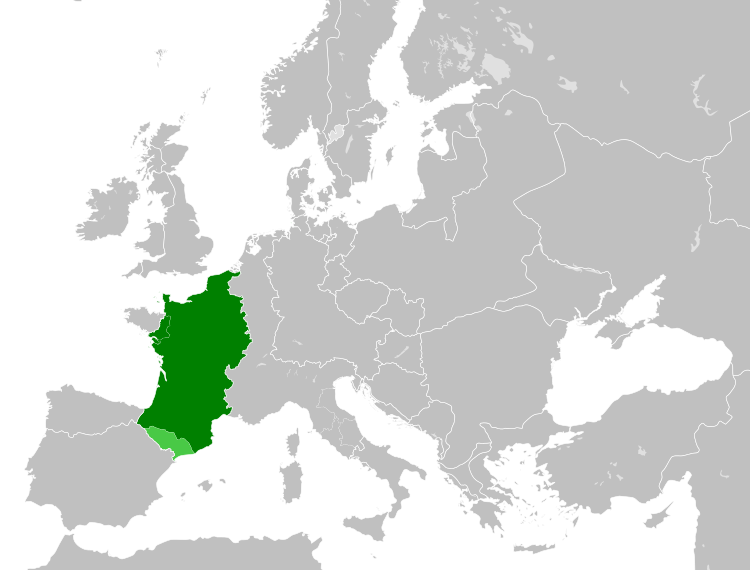
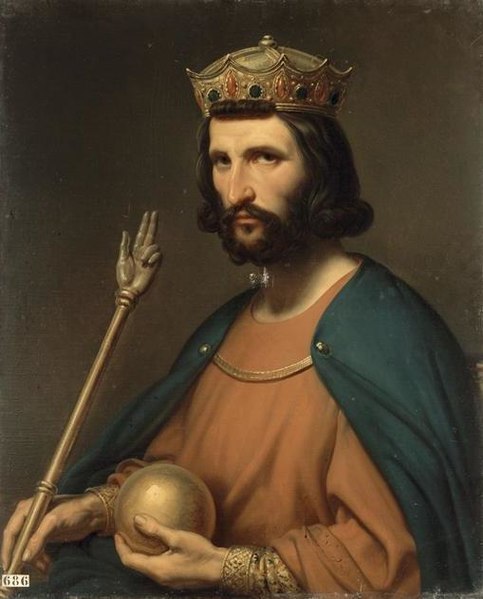


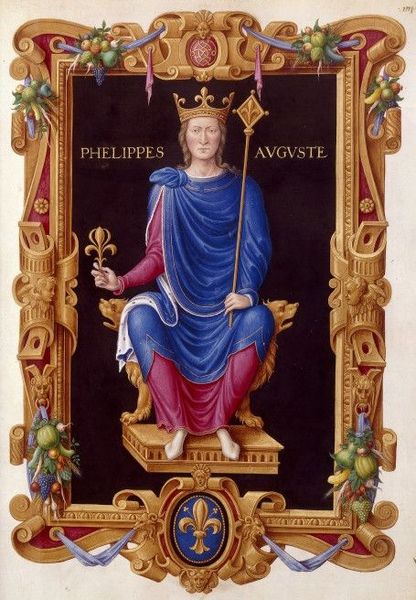

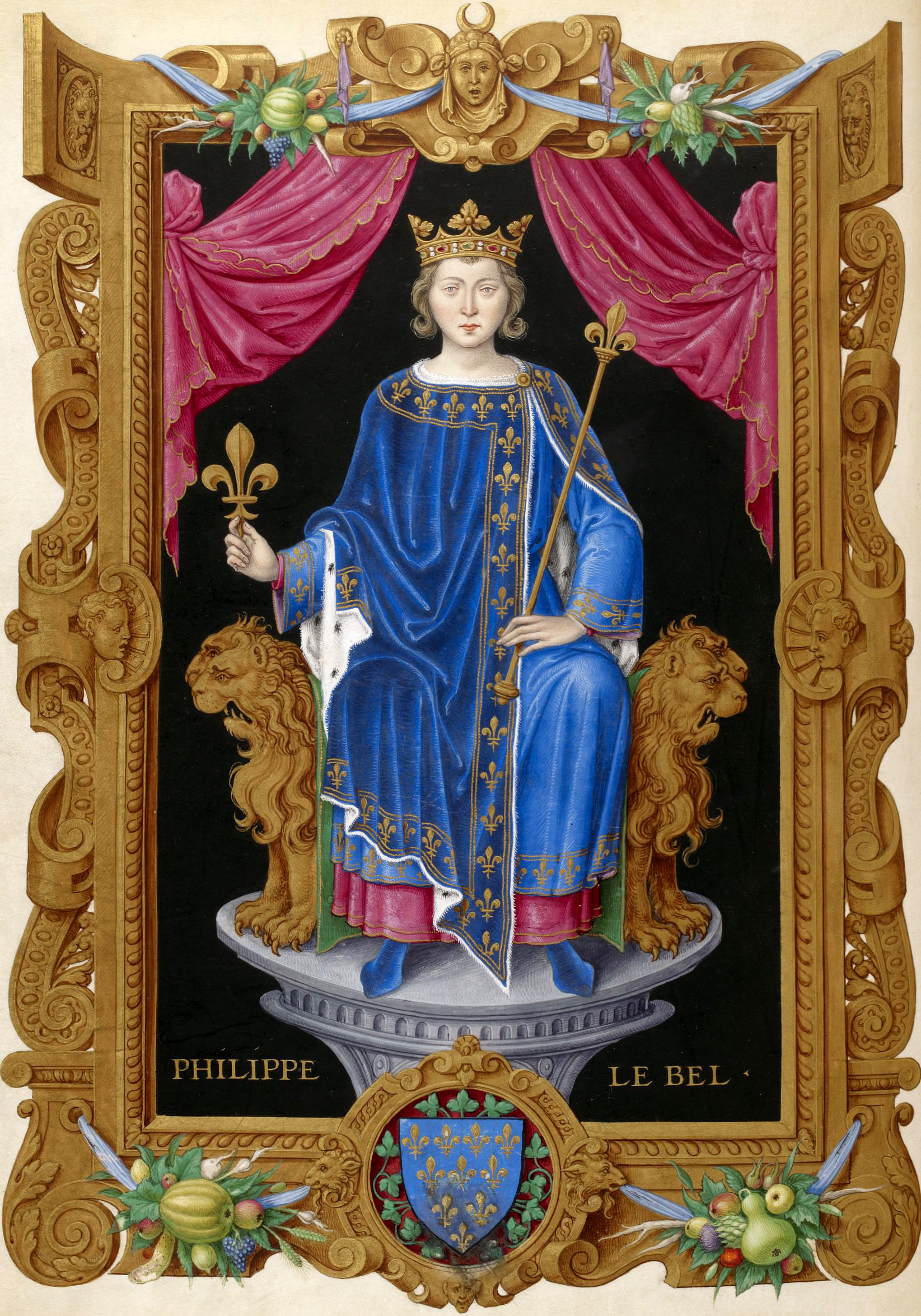
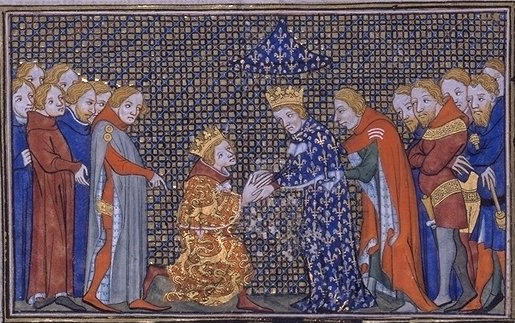
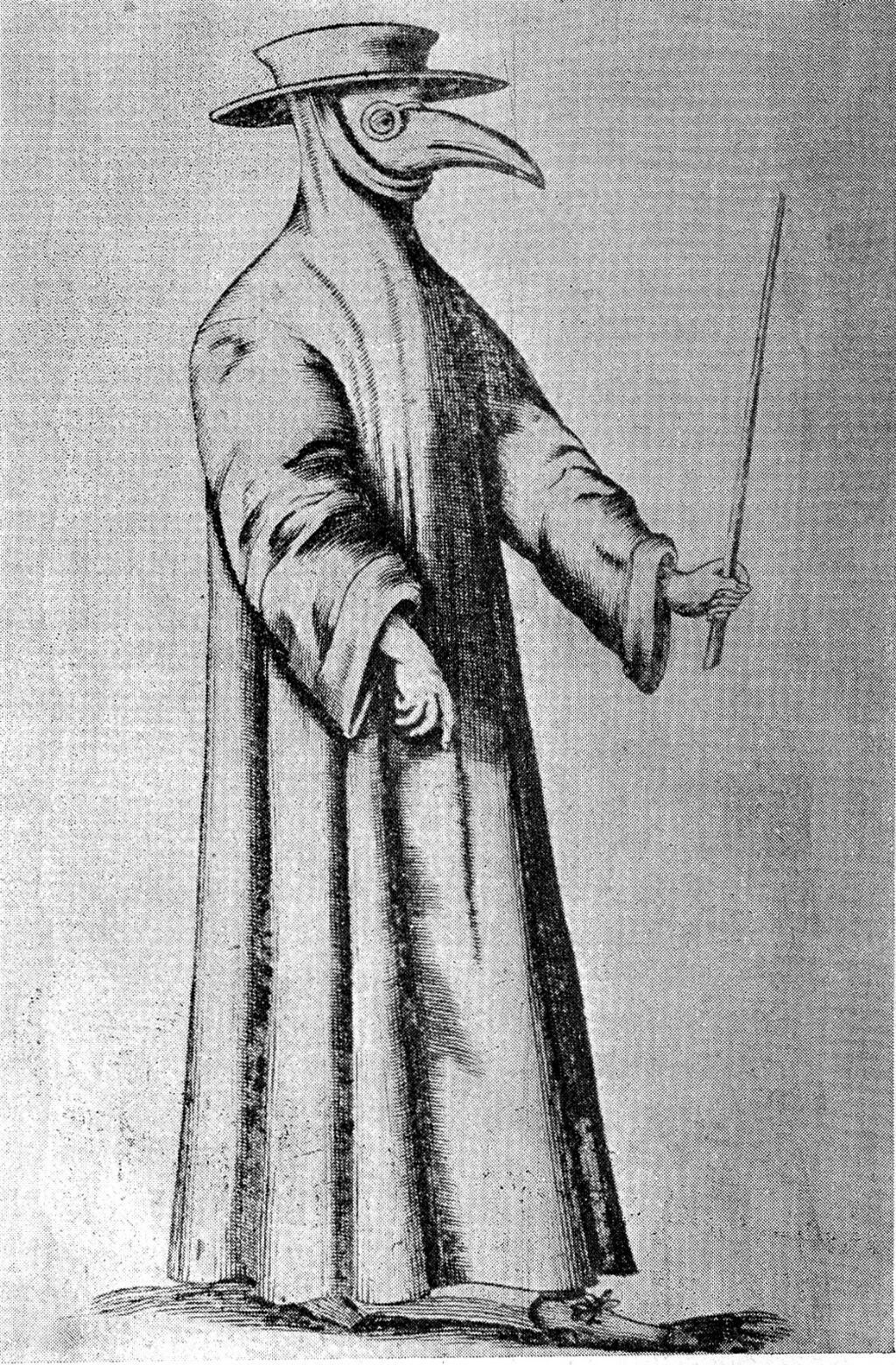
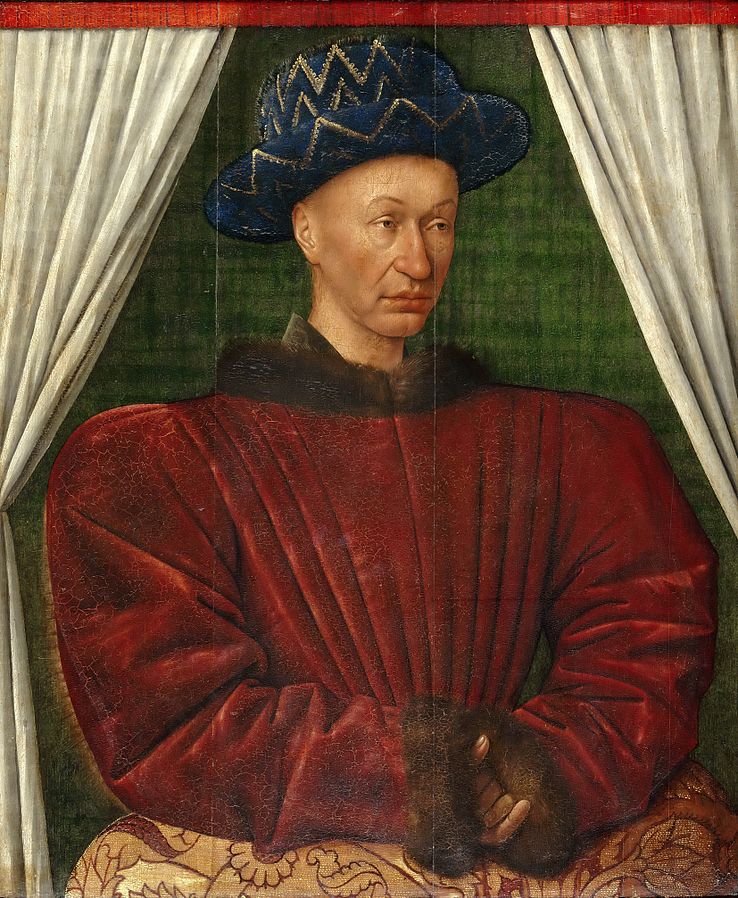


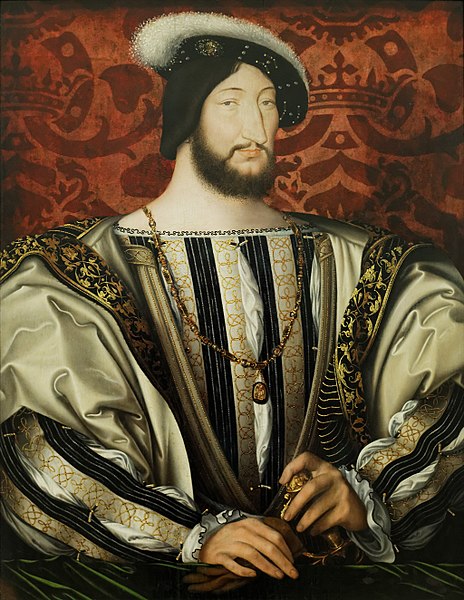

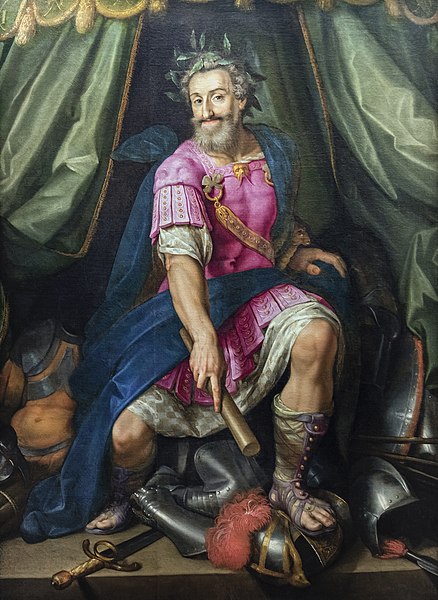
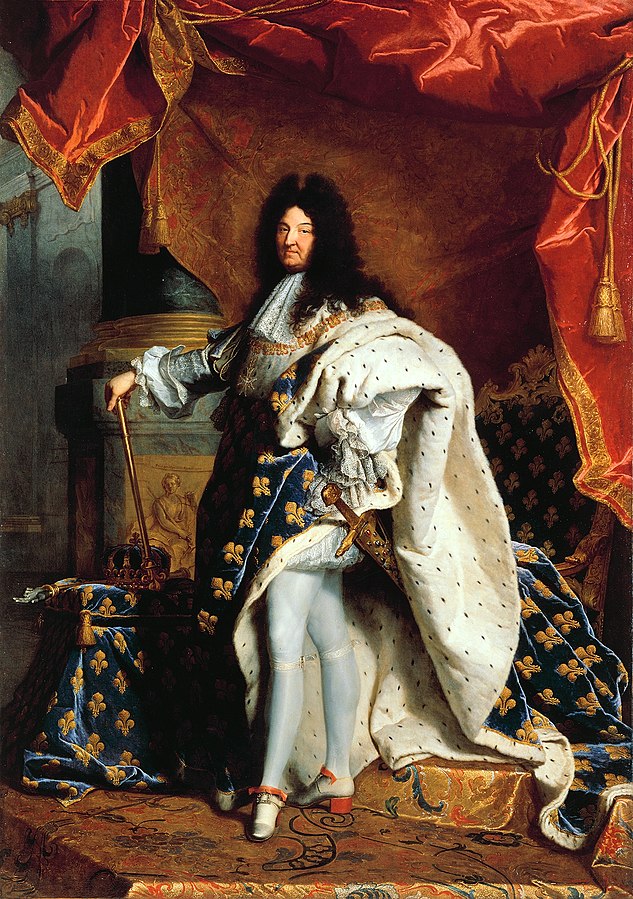

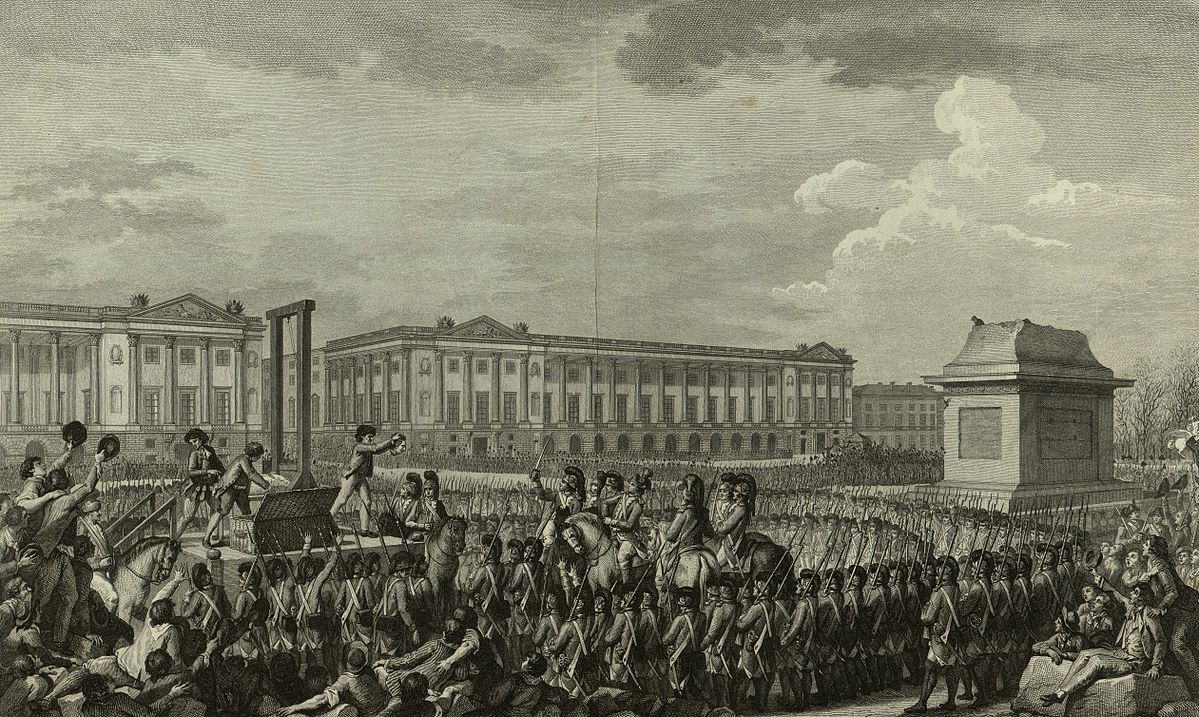
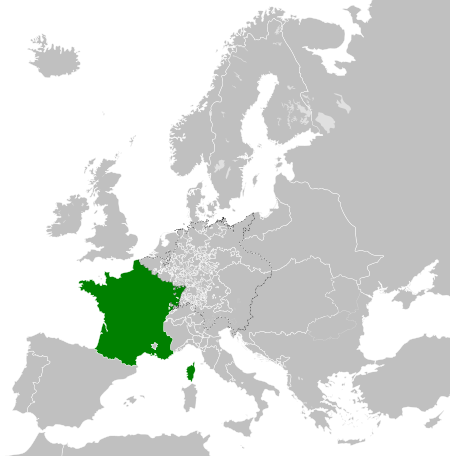
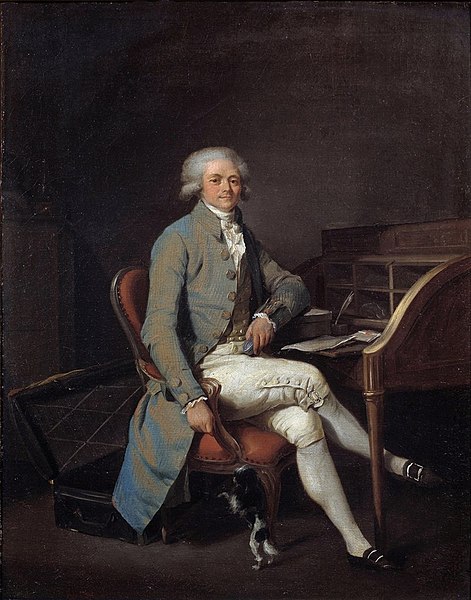
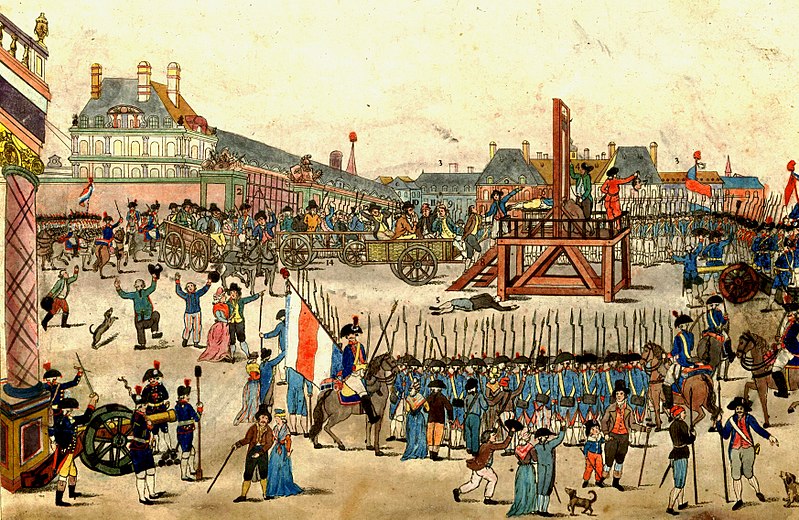

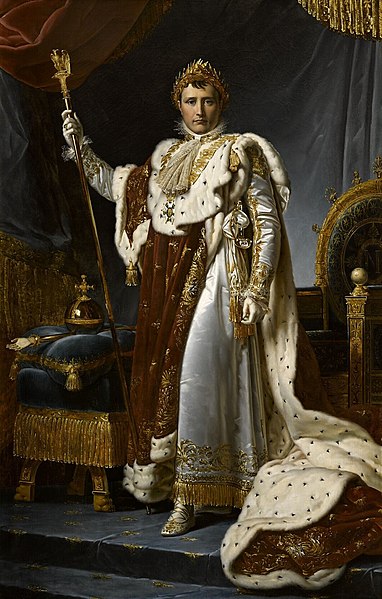

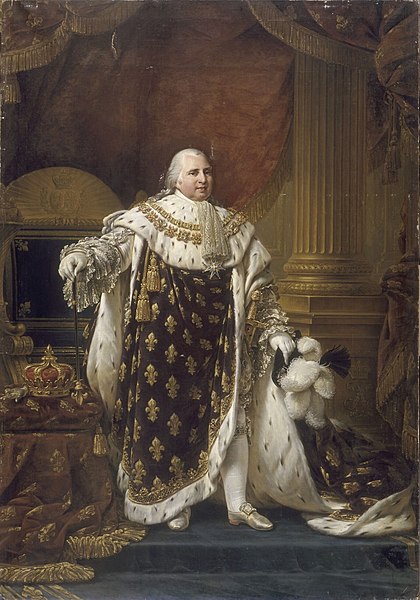
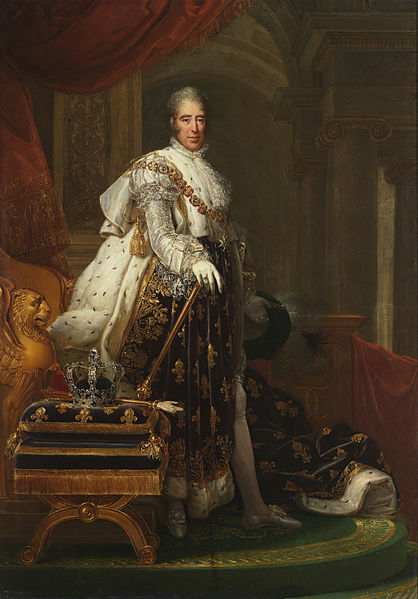

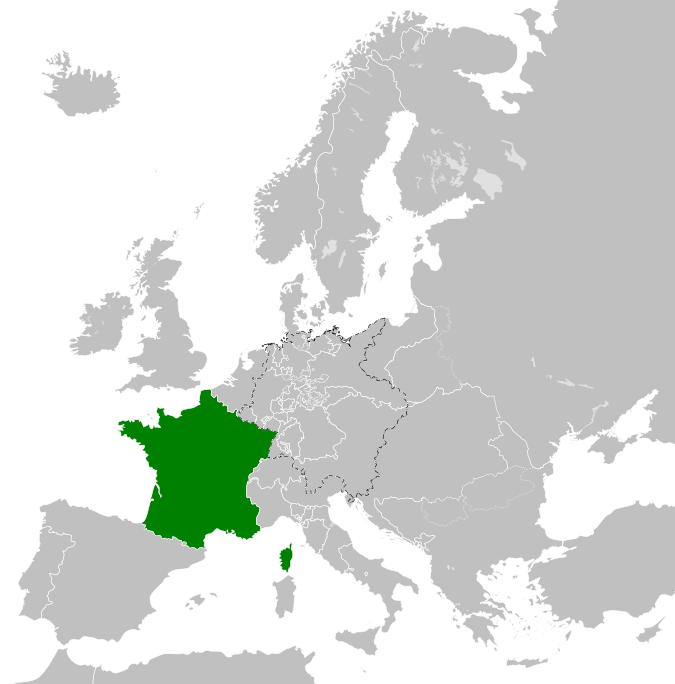

Comments